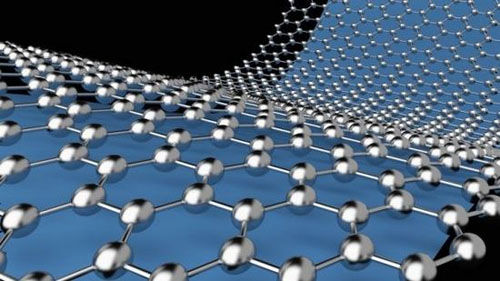Heat conduction or thermal conduction is the gesture of heat from one recipient to another that has a non- identical temperature, via physical contact. Heat can be conveyed in three ways: conduction, convection and radiation. Heat conduction is very frequent and can easily be established in our day to day activities – like warming a person’s hand on a hot-water bottle, and more. Heat circulates from the object with the elevated temperature to the colder one.
Thermal convey takes place at the molecular level, when heat energy is soaked up by a surface and causes microscopic clash of particles and gesture of electrons within that body. In the activity, they hit with each other and convey the energy to their “adjoining”, a process that will go on as long as heat is being added.
The process of heat conduction mainly depends on the temperature activity the temperature divergence in the middle of the bodies, the path length and the properties of the materials consists. Not all substances are good heat conductors – metals, for example, are considered good conductors as they rapidly transfer heat, but materials like wood or paper are viewed as poor conductors of heat. Materials that are poor conductors of heat are referred to as insulators.
Some of the prospective applications for graphene-enabled thermal management consist electronics, which could greatly advantage from graphene’s ability to dematerialize heat and boost electronic function. In micro- and Nano-electronics, heat is often a restricting factor for smaller and more orderly components. Therefore, graphene and similar materials with uncommon thermal conductivity may hold an extensive future for this type of applications.
Graphene’s heat conductivity can be utilized in numerous ways, together with thermal interface materials (TIM), heat spreaders, thermal greases thin layers usually in middle of a heat source like a microprocessor and a heat sink, graphene-based Nano composites, and many more.
Graphene is the attenuated material studied by man—just one atom thick—but it is also unimaginably strong about 200 times stronger than steel. It is very flexible and it is also a very good conductor of heat, but it isn’t cheap. At a price of unceremoniously $60 per square inch, graphene is currently too costly to justify the price.
It can heat to temperatures of 3000K, due to the distinct structure of the carbon material that sanctions it to conduct and assist that temperature for a significant time.
That’s almost 5000 degrees Fahrenheit, which will open doors in terms of the industrial process.
Really the only restriction to Graphene’s uses is our imagination and actual physical supply. It has often been referenced as a miracle element and insistence just keeps getting huge as we uncover new uses for this game-changing element.
The supply chain for Graphene is the only issue and any company that can produce substantial amounts will be a serious force to be considered with.
Graphene could be the basic building block of everything. It is simply that flexible, that helpful and that predominant.
It is the first true two-dimensional crystal and in its pure form is the strongest, lightest and stiffest material studied by man. It is also ductile, transparent and an extraordinary conductor of heat.
We at KERONE have a team of experts to help you with your need for Graphene heating in various products range from our wide experience. For any query write us at info@kerone.com .

